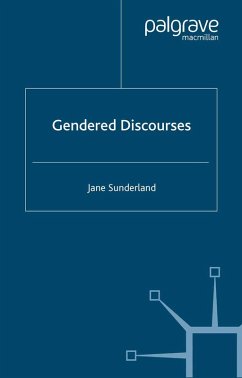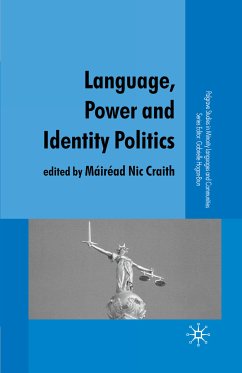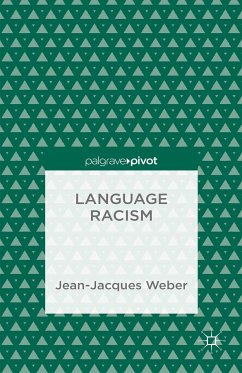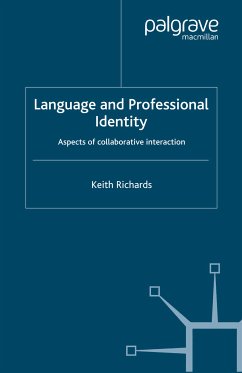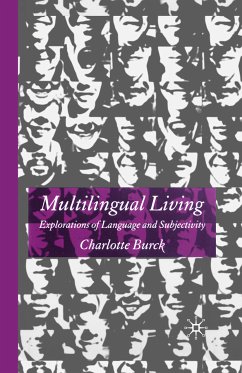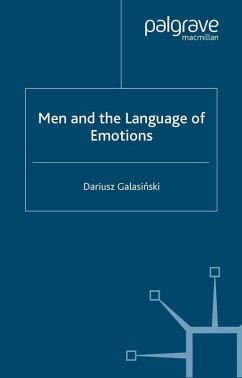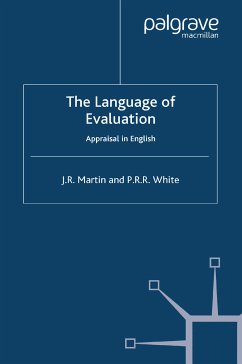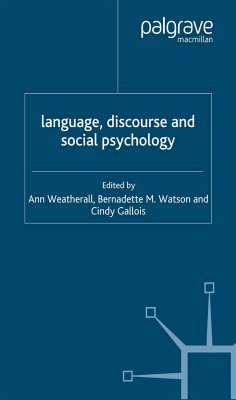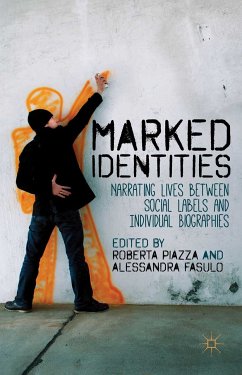
Marked Identities (eBook, PDF)
Narrating Lives between Social Labels and Individual Biographies
Redaktion: Piazza, R.; Fasulo, A.
Versandkostenfrei!
Sofort per Download lieferbar
40,95 €
inkl. MwSt.
Weitere Ausgaben:

PAYBACK Punkte
20 °P sammeln!
Western society has become increasingly diverse, but stereotypes still persist in the public discourse. This volume explores how people who have a marked status in society - among them Travellers, teenage mothers, homeless people - manage their identity in response to these stereotypes.
Dieser Download kann aus rechtlichen Gründen nur mit Rechnungsadresse in A, B, BG, CY, CZ, D, DK, EW, E, FIN, F, GR, HR, H, IRL, I, LT, L, LR, M, NL, PL, P, R, S, SLO, SK ausgeliefert werden.



